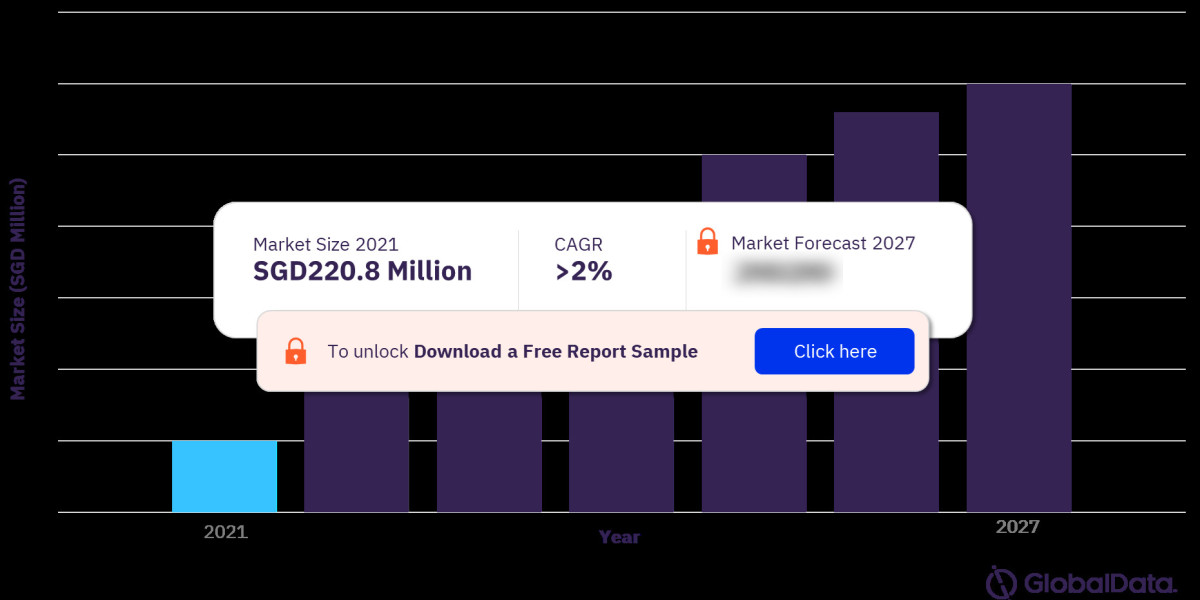Singapore's baby food market presents a unique case study. Despite its relatively small size, it boasts a highly developed consumer base with a strong preference for premium products. This confluence of factors creates a market ripe for specific growth strategies.
Market Snapshot: Compact but Developed
Market research firm Statista estimates the Singapore baby food market revenue to be around USD 141.6 million in 2024, with a projected Compound Annual Growth Rate (CAGR) of 2.29% until 2 028 [1]. While this positions Singapore as a smaller player compared to regional giants, the market exhibits a high level of development.
Key Segment Breakdown
The market leader by a significant margin is baby milk, accounting for nearly 90% of the total value [2]. This dominance reflects the focus on formula feeding in Singapore, often due to factors like working mothers and a preference for convenience.
The remaining market share is divided primarily between baby meals/drinks and baby cereals. Wet meals and drinks, encompassing purees and yogurts, have shown promising growth, indicating a rising interest in a wider variety of nutritious options. Finger foods, catering to older babies transitioning to solid food, remain a smaller segment but hold potential for future expansion.
Factors Shaping the Market
Several key factors influence the dynamics of the Singapore baby food market:
- Birth Rate Fluctuations: Singapore's birth rate directly impacts market performance. A slow but steady increase in births is expected to contribute to modest market growth [2].
- Sophisticated Consumers: Singaporean parents are known for their discerning taste and focus on quality. Organic, natural, and fortified products with specific health benefits are in high demand [3].
- Convenience and Trust: Busy lifestyles necessitate convenient options like pre-packaged meals and formula. Additionally, brand trust plays a crucial role, with established international players holding a strong market position.
- Evolving Preferences: A growing awareness of childhood nutrition is driving a shift towards fresh, homemade baby food. Additionally, there's a rising interest in products catering to specific dietary needs, like allergies and intolerances.
Competitive Landscape
The Singapore baby food market is dominated by established international players like Nestle, which holds a strong presence across various segments [2]. Other major contenders include Heinz, Abbott Laboratories, and FrieslandCampina. Local players like Yeo's Hiap Seng are also present, primarily in the milk segment.
Emerging Trends and Opportunities
The market presents exciting opportunities for brands that can cater to evolving consumer preferences:
- Premiumization: The demand for premium, organic, and fortified baby food is expected to continue its upward trajectory.
- Convenience with a Twist: Offering convenient, pre-portioned options made with fresh, high-quality ingredients can be a winning formula.
- Subscription Services: Subscription boxes delivering fresh, stage-appropriate baby food directly to homes hold promise for busy parents.
- Digital Marketing: Utilizing social media platforms and influencer marketing to connect with parents and educate them about product benefits is key.
- Focus on Special Diets: Catering to specific dietary needs like lactose intolerance or allergies can attract a loyal customer base.
Regulatory Considerations
Singapore has strict regulations governing baby food production and marketing. Manufacturers must comply with the Singapore Food Act and its associated regulations to ensure product safety and quality.
Conclusion: A Niche Market with Big Potential
The Singapore baby food market, while compact, offers significant potential for targeted growth. By understanding the unique preferences of Singaporean parents and embracing evolving trends like premiumization and convenience with a focus on fresh ingredients, brands can carve out a strong position in this lucrative market.
Further Considerations
This article provides a general overview of the Singapore baby food market. Additional factors to consider for a more comprehensive understanding include:
- Impact of technological advancements: How might new technologies like smart packaging or online ordering platforms influence the market?
- Retail landscape: How are different retail channels, including supermarkets, online retailers, and specialty stores, impacting consumer behavior?
- Sustainability concerns: Is there a growing demand for eco-friendly packaging and sustainable sourcing practices within the baby food industry?
By delving deeper into these aspects, one can gain a more nuanced understanding of the Singapore baby food market and its exciting potential for the future.
To gain more information about the Singapore baby food market forecast, download a free report sample








